Artificial Intelligence (AI) is rapidly advancing and playing a significant role in shaping modern society. While its capabilities bring numerous benefits, AI also raises complex ethical challenges that must be addressed to ensure responsible and fair use.
What is the Impact of AI on Ethics?
The impact of AI on ethics revolves around how intelligent systems influence fairness, privacy, accountability, and human well-being. AI can make decisions that directly affect people’s lives, which means ethical guidelines must be carefully considered throughout its development and deployment.
How AI Impacts Ethical Decisions
AI systems analyze large volumes of data to make predictions, automate processes, and support decision-making. However, if these systems are trained on biased or incomplete data, they can produce unfair or discriminatory outcomes. The use of AI in areas like recruitment, law enforcement, and healthcare requires strict ethical oversight to prevent harm.
Key Ethical Concerns in AI
Bias and Fairness: AI can reinforce social and cultural biases if not properly managed. Ensuring fairness in AI models is essential to avoid discrimination.
Transparency: Many AI systems operate as black boxes, making it difficult to understand how decisions are made. Transparency helps build trust and accountability.
Privacy: AI often relies on collecting and processing personal data, raising concerns about how this information is used and protected.
Accountability: Determining responsibility when AI systems cause harm is a growing ethical challenge. Clear accountability structures are necessary.
Human-Centric Design: AI should be designed to support human needs and respect individual rights, rather than replace or harm human decision-making.
Benefits of Ethical AI
Ethical AI promotes trust, fairness, and social acceptance. It supports the responsible use of technology, encourages innovation within safe boundaries, and protects individuals from potential risks.
Limitations and Challenges
Ensuring ethical AI is complex. It requires ongoing human oversight, diverse and unbiased data, and robust governance. There are also regional and cultural differences in defining what is ethical, which can complicate global AI development.
Conclusion
The impact of AI on ethics is significant and far-reaching. Organizations must carefully balance technological advancement with ethical responsibility. By integrating ethical principles into AI systems from the start, businesses and developers can create solutions that are both innovative and aligned with human values.


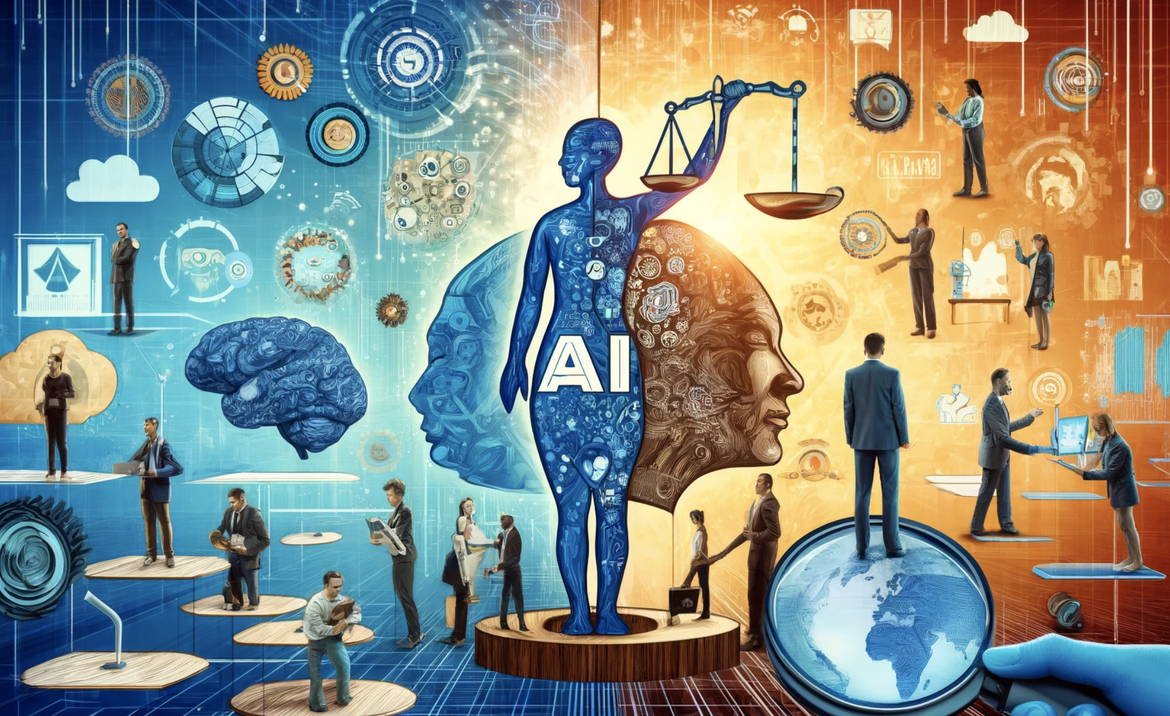
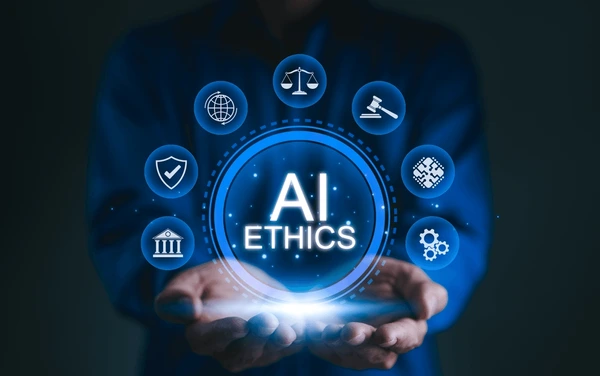
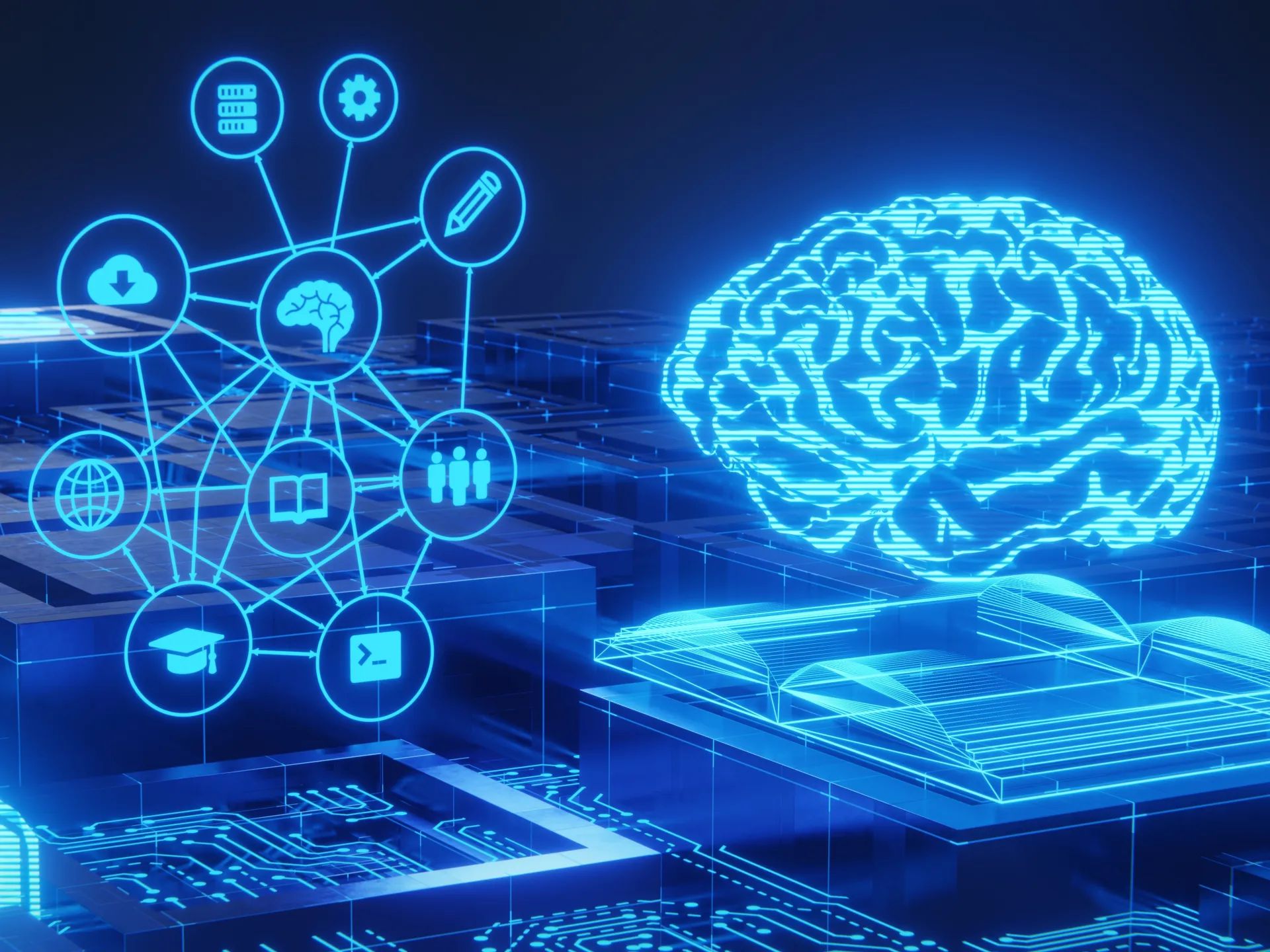
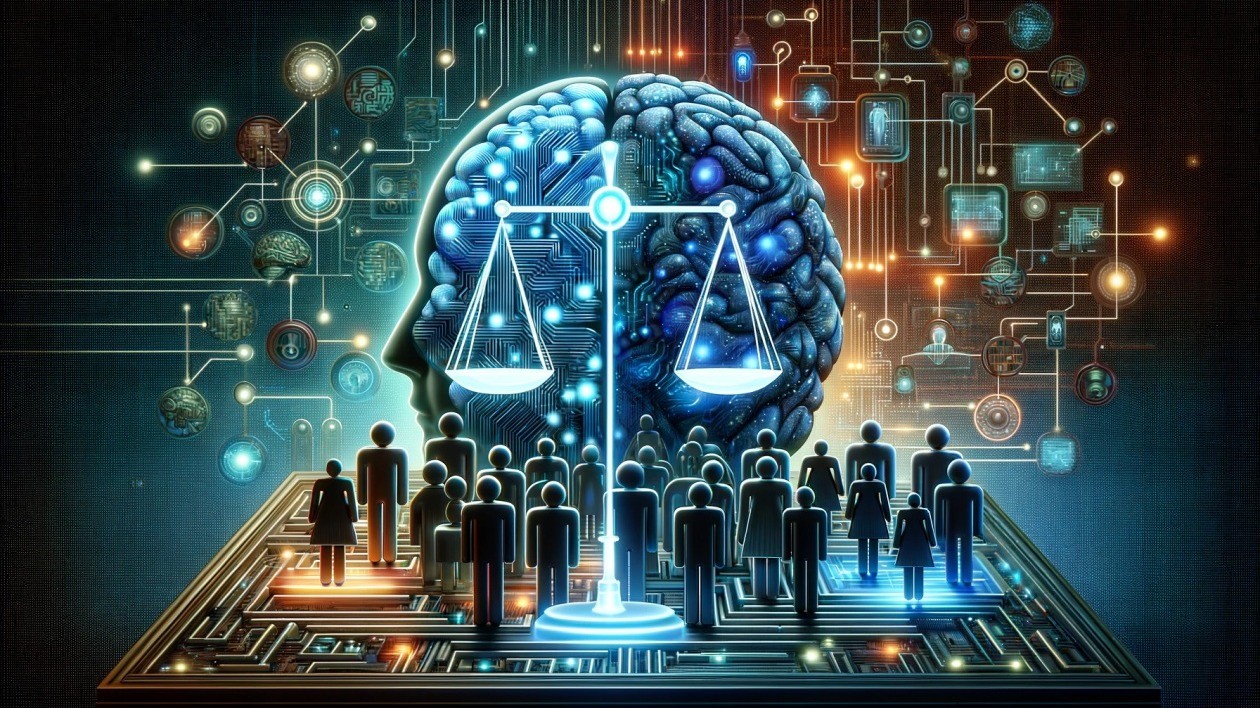
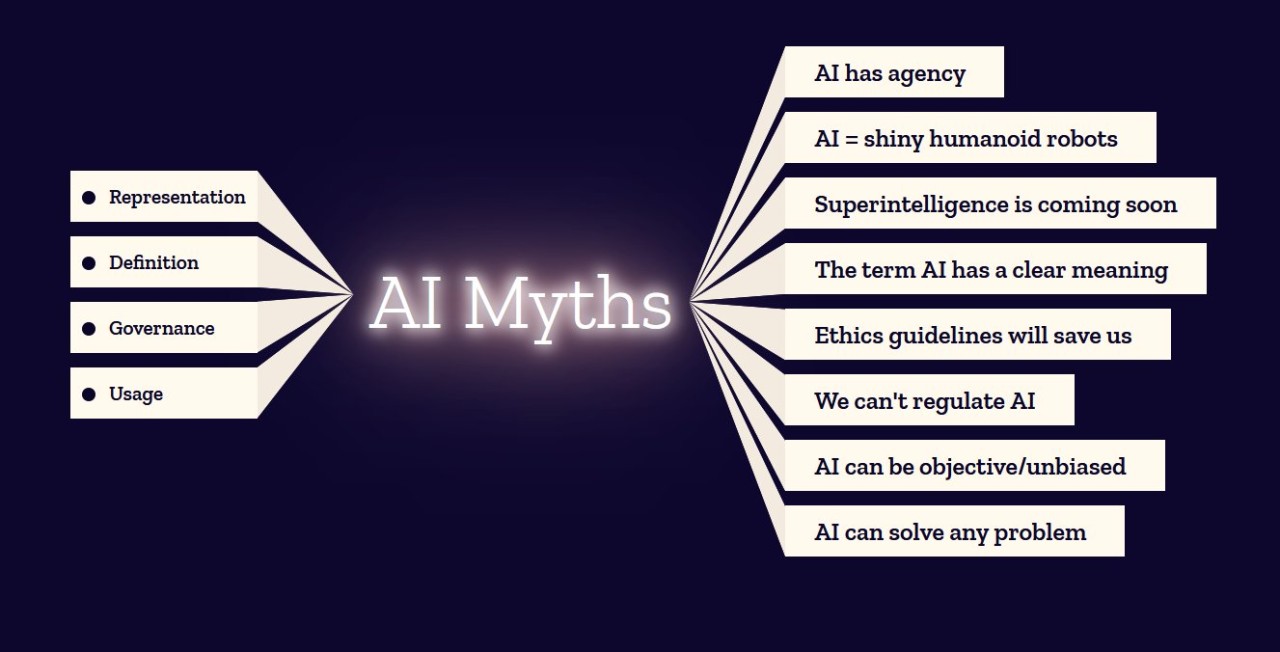
Leave feedback about this